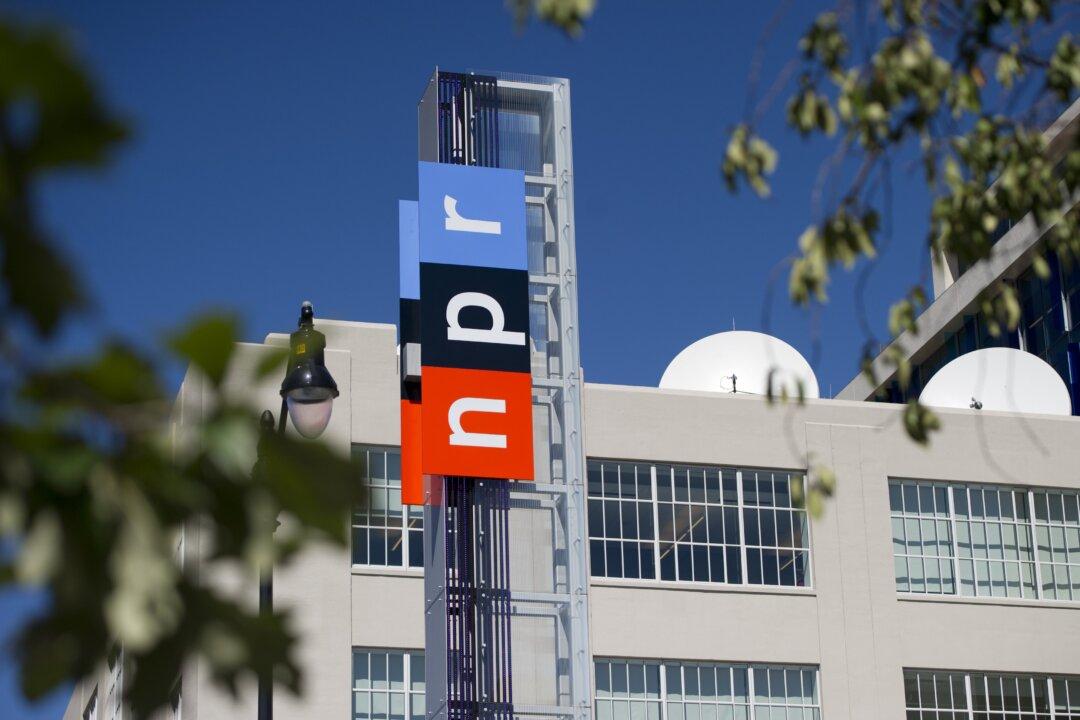The National Public Radio (NPR) is cutting roughly 10 percent of its current workforce as the network’s financial outlook recently “darkened considerably” amid declining advertising revenue, NPR’s executive officer announced on Thursday.
“At a time when we are doing some of our most ambitious and essential work, the global economy remains uncertain. As a result, the ad industry has weakened and we are grappling with a sharp decline in our revenues from corporate sponsors,” CEO John Lansing wrote in a memo to staff obtained by The Hollywood Reporter.





